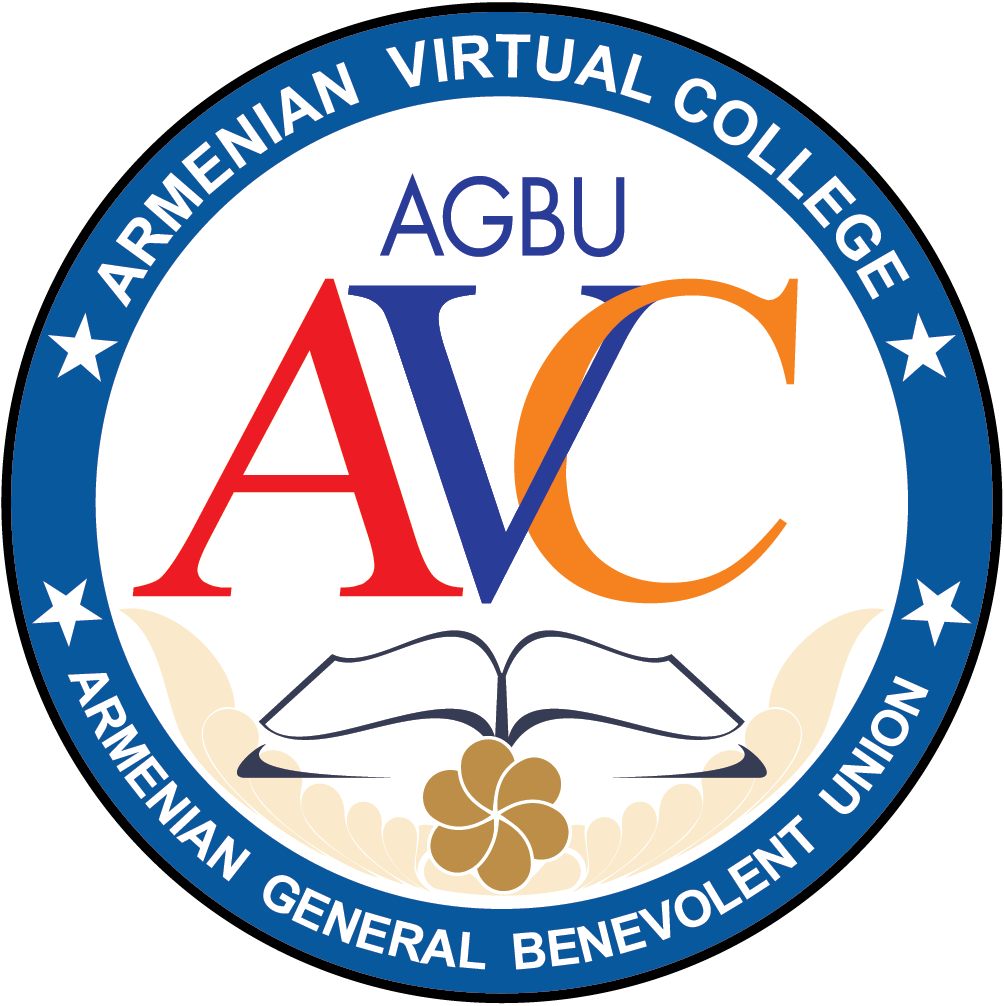About a century ago, French author Anatole France wrote “Armenia is dying, but it will survive. The little blood that is left is precious blood that will give birth to a heroic generation. A nation that does not want to die does not die”. And so the nation survived and it resisted all of the attempts of extermination. It was revived and gave birth to new generations, which brought the nation back to life, but the horrors were never forgotten.
At the centenary of the Armenian Genocide, the survivors and their grandchildren today are not able to depart from the torturous past, and even if they could, they do not want to. They continue to share the pain that they have carried with them for over a century in order to break the silence and to change the indifference of the world by acknowledging that a whole nation was sentenced to death.
In the context of the 100th commemoration of the Armenian Genocide, the AGBU Armenian Virtual College serves as a hub for genocide survivors’ descendants to keep their ancestors’ stories alive by telling them to the large and worldwide AVC audience.
Sevan Vardanian, a dedicated AVC student, recently shared the story of her family and the pain that they have gone through at the beginning of the 20th century. Sevan’s grandfather, Artsin Vardanian, was from Urfa, a prosperous city in Western Armenia. He was eight years old when the large-scale massacres began. His father had been murdered by Turkish soldiers. His mother, along with two younger children and him were exiled to the Syrian desert where they crossed into the unknown under the scorching sun of the Der Zor desert.
Even today there is a horror depicted in Sevan’s eyes when she recalls the details of her grandfather’s survival story. He had told them that the Turkish soldiers and the Kurdish bandits were torturing the women and children, then shooting them, and then were violently hitting the bodies with rifle grips to make sure that their victims were dead. Artsin’s mother and the two younger children were killed. Artsin had to think of a way to escape, so when he was hit, he pretended to be dead.
Thus he stayed alive but alone in the desert. He went through starvation and disease. God left him at the mercy of a local Muslim family passing by who took him to their tent and promised to take care of him. Artsin was raised in the deserts by the Muslim family and when he was 15, the head of the family decided he wanted to marry him to his daughter. The Christian belief that still remained strong in the young Armenian man made him run away from a marriage with a Muslim woman.
This time the destination was Syria, to a Christian Arab family. Artsin married Mariam, the Christian daughter of his new host family and brought up his future generations by instilling the Armenian spirit, culture and way of thinking within them.
Today Sevan feels more at ease when she shares her family story with other Armenians. The Armenian Virtual College also feels confident in what it is pursuing – helping Armenians speak about their memories and express their identity, in order to go beyond the pain and alleviate it to live up to the future and attain recognition.









